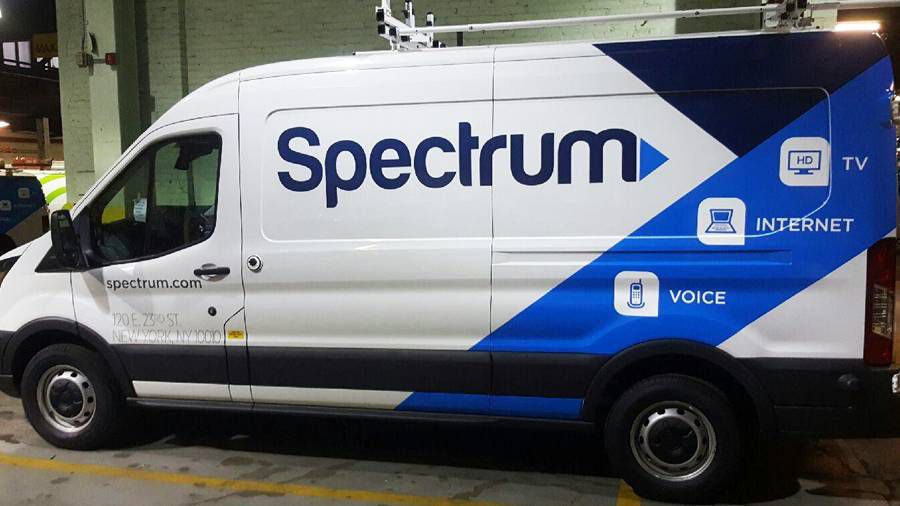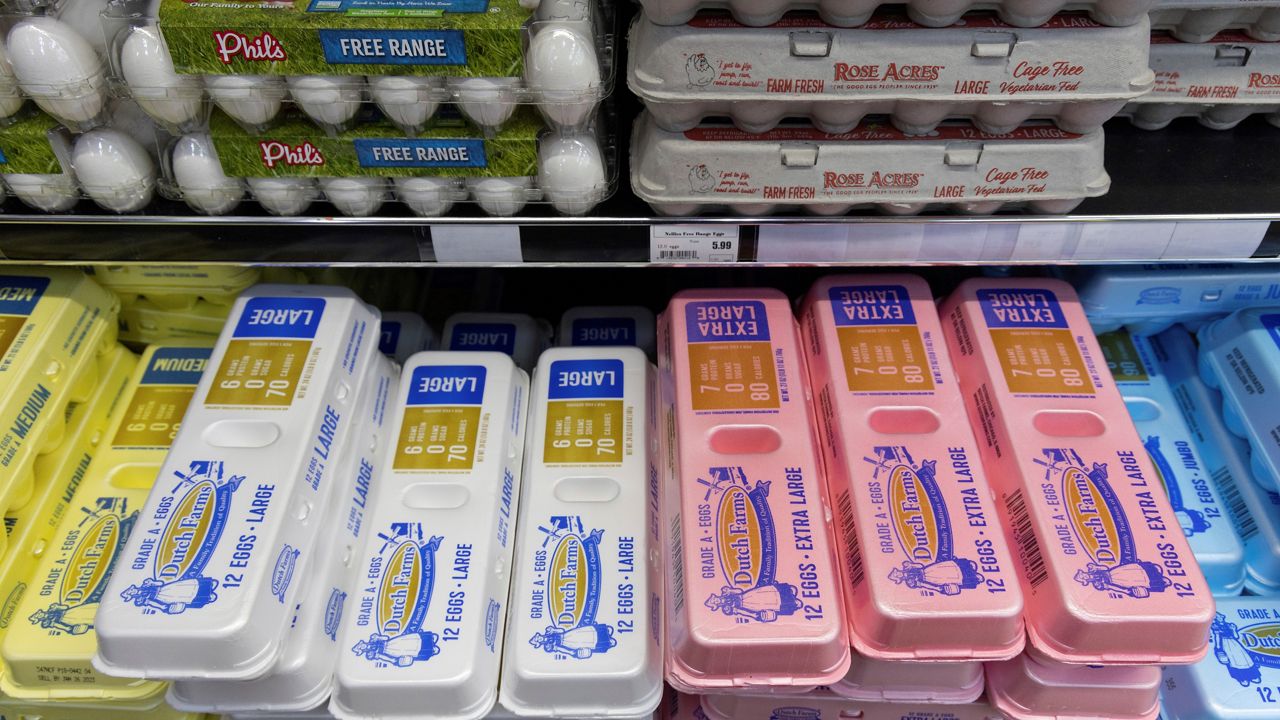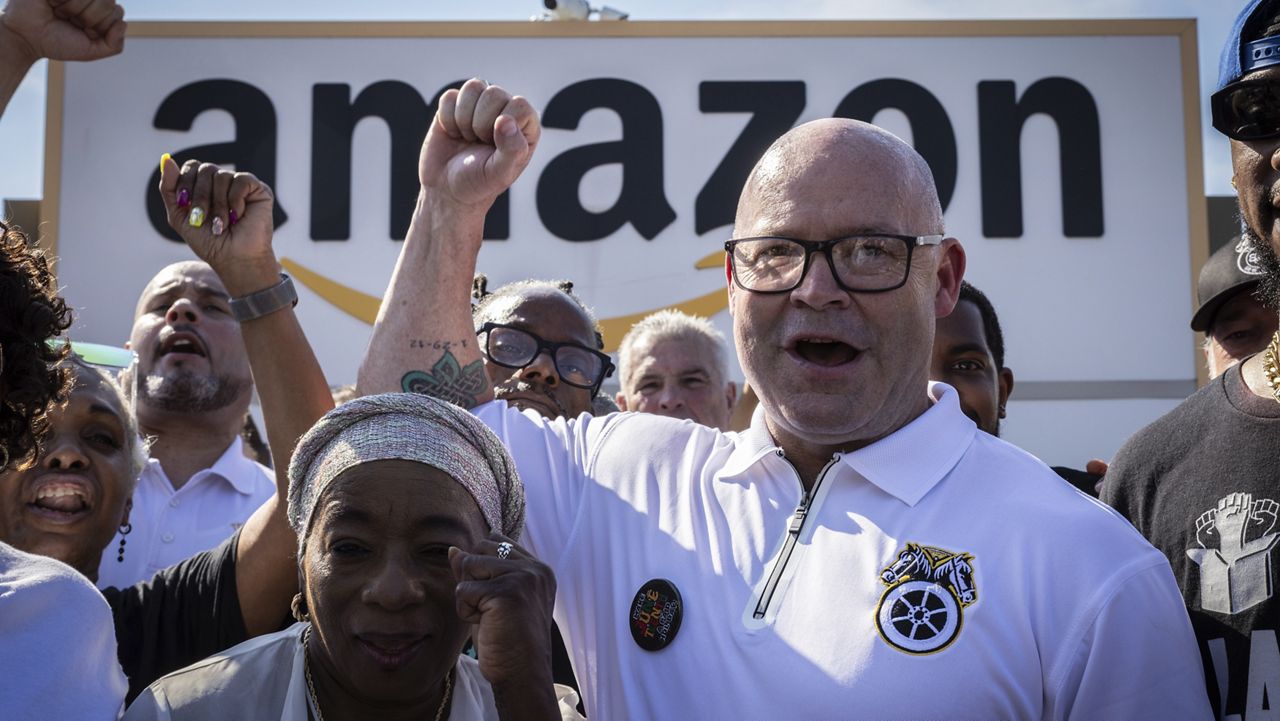Publishing giant Hearst announced Tuesday it has signed a deal with OpenAI.
The artificial intelligence company will use the publisher’s newspapers and magazines to develop its products, including the popular online chatbot, ChatGPT.
“As generative AI matures, it’s critical that journalism created by professional journalists be at the heart of all AI products,” Hearst Newspapers President Jeff Johnson said in a statement. “This agreement allows the trustworthy and curated content created by Hearts Newspapers’ award-winning journalists to be part of OpenAI’s products like ChatGPT — creating more timely and relevant results.”
Heart publishes more than 40 newspapers, including the Houston Chronicle and San Francisco Chronicle. It also publishes more than 20 magazines, including Esquire, Cosmopolitan, ELLE and Women’s Health.
“Bringing Hearst’s trusted content into our products elevates our ability to provide engaging, reliable information to our users,” OpenAI Chief Operating Officer Brad Lightcap said in a statement.
OpenAI said the Hearst content used in ChatGPT will include citations and direct links to provide transparency and easy access to the original stories.
The move comes almost five months after News Corp struck a similar content-licensing deal with OpenAI. The owner of the Wall Stret Journal and New York Post said the deal allows the artificial intelligence pioneer to use content from News Corp’s consumer publicans and their archives to answer queries and train its technology.
Other media companies, however, have yet to jump on board. Last December, the New York Times sued OpenAI and Microsoft for infringing on its copyright by using millions of the company’s articles to train ChatGPT. The lawsuit contends that chatbots compete with the Times.
Earlier this year, OpenAI sought to dismiss parts of the lawsuit, saying ChatGPT “is not in any way a substitute for a subscription to the New York Times.”
Several other news outlets, including The Intercept, Raw Story and AlterNet, have also filed lawsuits against OpenAI saying it is misusing their articles to train its chatbot.
In May, actress Scarlett Johansson claimed OpenAI copied her voice for an AI-generated personal assistant named Sky. OpenAI contested her claim but stopped using the voice.
The Hearst deal comes as OpenAI plans to restructure itself from a nonprofit to a for-profit corporation. The company is currently valued at $157 billion.











